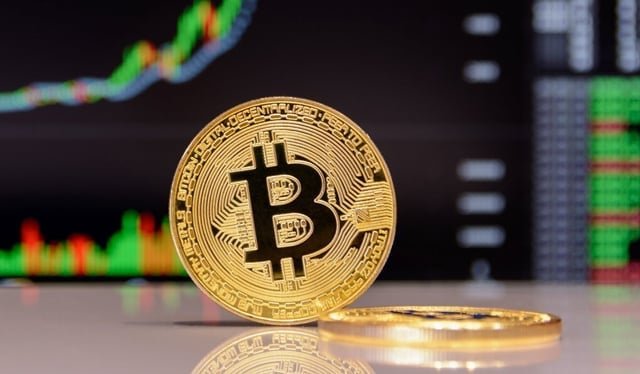
US President Donald Trump’s media group and Tesla, the electric vehicle giant led by Elon Musk, are part of a growing wave of companies amassing large reserves of bitcoin in a bid to diversify assets, hedge against inflation, and attract crypto-savvy investors.
Once seen as a fringe investment, bitcoin has become a strategic financial tool for both tech firms and companies with no previous ties to the cryptocurrency world. Analysts say this trend is transforming how some businesses manage their reserves and engage with investors.
Beyond crypto: who’s buying in?
While companies directly involved in the cryptocurrency space—like Coinbase—naturally hold bitcoin to support operations, others far removed from the sector have joined in. Japanese hotel firm MetaPlanet recently began stockpiling bitcoin, while US-based MicroStrategy, now rebranded as Strategy, has evolved from a software company into a bitcoin-holding giant. It now owns more than 600,000 bitcoin tokens—over 3% of all in circulation.
MicroStrategy co-founder Michael Saylor was one of the first major corporate leaders to push bitcoin as a strategic reserve asset, years before more conventional crypto investment vehicles were allowed. According to analysts, his bold move created enormous value for early shareholders, and helped set the stage for the wave of corporate bitcoin accumulation.
Tesla, too, has previously accepted payments in bitcoin and holds the cryptocurrency as part of its reserves. Trump Media, meanwhile, reportedly plans to launch crypto-related investment products, further linking mainstream political and business entities to digital assets.
Why companies are turning to bitcoin
Eric Benoist, tech and data research expert at Natixis, says companies are investing in bitcoin to “diversify” their cash reserves and to “counter the effects of inflation.” In some cases, companies facing financial or reputational challenges are leveraging the crypto boom to boost their public image and win back investor confidence.
Strategy, for example, has shifted its focus almost entirely to bitcoin acquisition, with its share price riding the wave of growing investor demand for crypto-linked assets. Some analysts liken its operations to a bitcoin treasury fund, where the value is directly tied to the crypto it holds.
Others, like Coinbase, use their own bitcoin reserves as collateral to secure user funds and facilitate transactions.
But what are the risks?
While bitcoin has risen sharply—its value has jumped ninefold in the last five years—its extreme volatility remains a concern. The cryptocurrency’s fluctuations are four times greater than those of the S&P 500, says Campbell Harvey, professor of finance at Duke University.
He cautions that companies are risking their “safe haven” cash reserves by investing heavily in bitcoin, warning that large holdings like Strategy’s could be impossible to liquidate without crashing the market. “Assuming that you could liquidate all of those bitcoin at the market price is a heroic assumption,” he said.
Indeed, bitcoin’s price is often influenced by a few major holders, or “whales,” who can move the market significantly. But Jack Mallers, CEO of bitcoin-focused firm Twenty One Capital, dismissed concerns, saying that volatility is part of the deal and that the market would need to be “flooded” for a collapse to occur.
Are we in a bubble?
Strategy’s stock is currently trading at roughly 70% above the value of its bitcoin holdings, suggesting high investor expectations—and possibly signs of a speculative bubble. Analysts argue that unless the company finds a sustainable way to monetise its crypto holdings, such as through financial products or services, the business model may not hold.
Benoist warns that the accumulation-only approach runs counter to bitcoin’s original ethos. Designed in 2008 as a decentralised, peer-to-peer payment system, bitcoin is increasingly being locked away in digital vaults rather than circulated.
“Bitcoins end up in electronic safes that are left untouched,” he said, raising questions about the long-term viability of hoarding strategies. Without meaningful use or liquidity, he fears the bubble could eventually burst.
As bitcoin hovers near $117,000, many are watching to see whether corporate crypto strategies will prove visionary—or dangerously speculative.
 Weekly Bangla Mirror | Bangla Mirror, Bangladeshi news in UK, bangla mirror news
Weekly Bangla Mirror | Bangla Mirror, Bangladeshi news in UK, bangla mirror news







